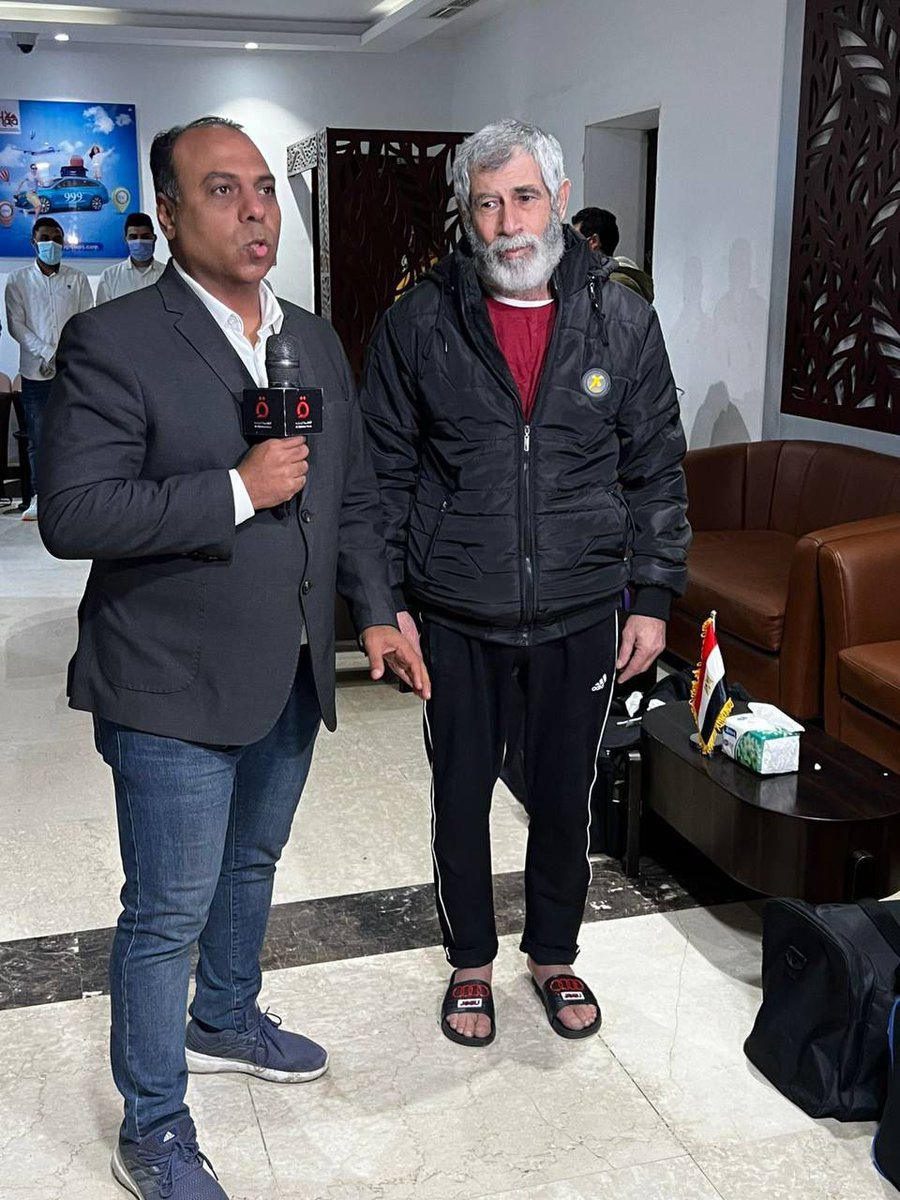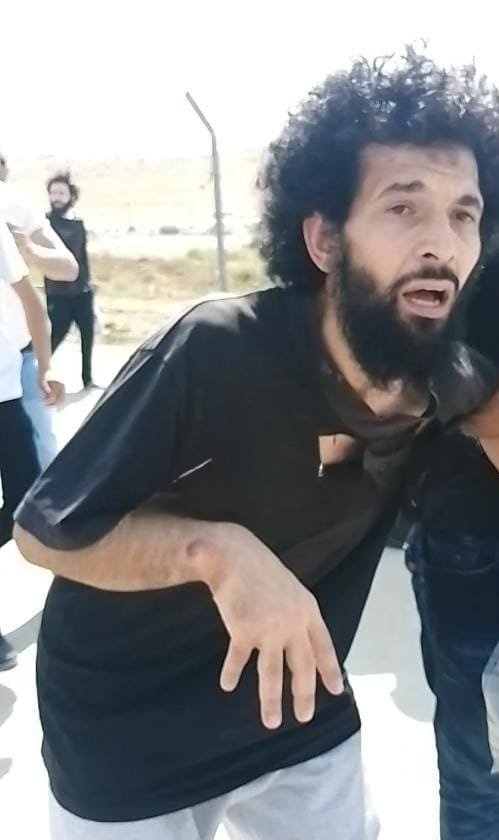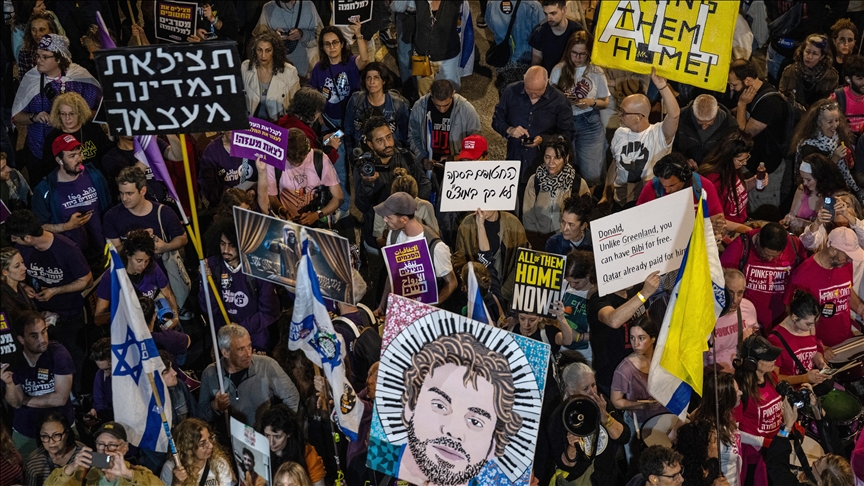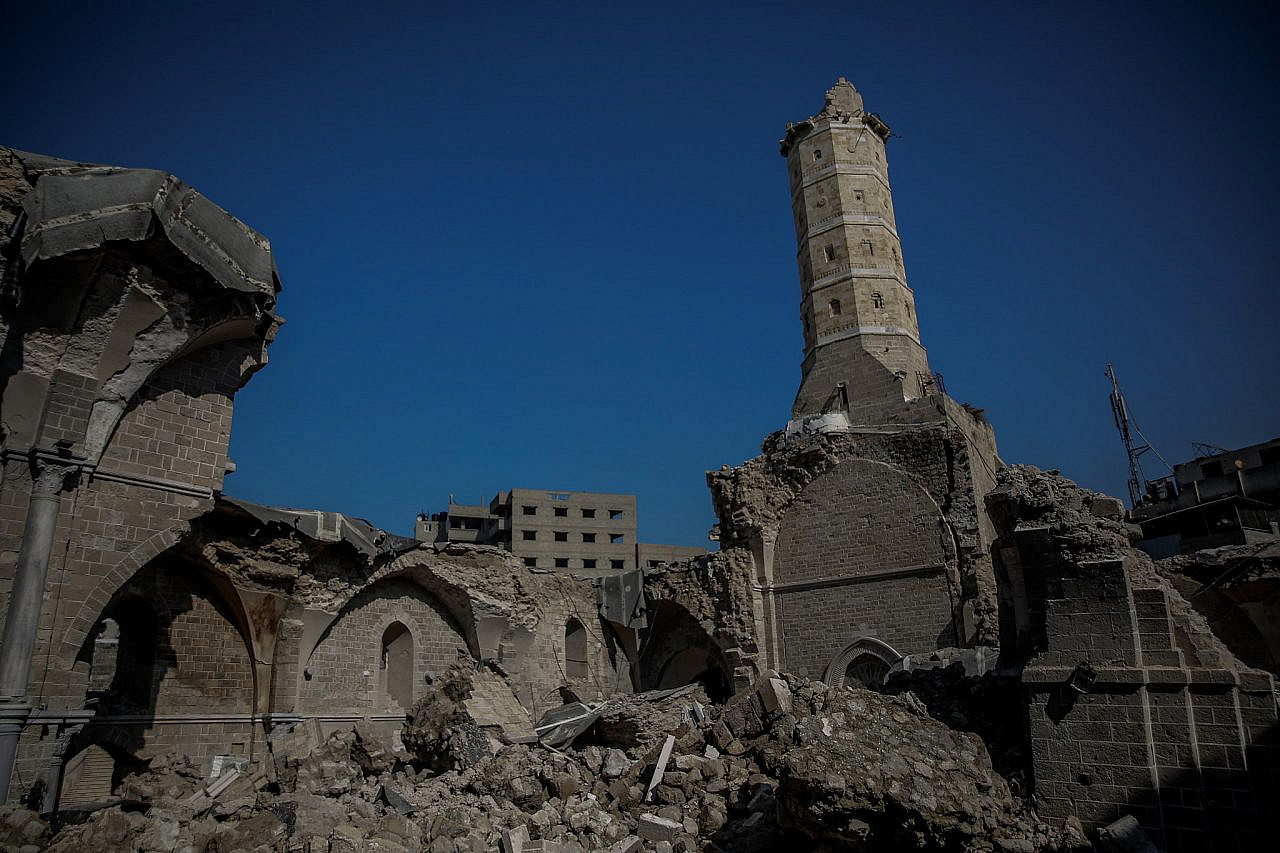After 39 Years Israel Frees ‘Dean of Palestinian Prisoners’
After 39 years of mistreatment and retaliation in Israeli jails, Mohammed Al-Tous, the longest-serving Palestinian prisoner, was released on Saturday as part of the second batch under phase one of the Jan. 19 ceasefire agreement and prisoner exchange deal.
Al-Tous, nicknamed the “dean of Palestinian Prisoners,” hails from the village of Jab’a in Bethlehem, in the southern occupied West Bank. He has spent 39 years in Israeli prisons since his arrest in 1985.
Who is the dean of Palestinian Prisoners?
Mohammed Ahmed Abdul-Hamid Al-Tous, 69, is the longest-serving Palestinian prisoner in Israeli detention. He was arrested in October 1985 and sentenced to life in prison for leading a group in carrying out military operations against Israeli military targets. He sustained severe injuries during his arrest.
Over the years, Al-Tous endured various forms of mistreatment and retaliation. In addition to the serious injuries he suffered during his arrest from Israeli gunfire and enduring lengthy and harsh interrogations, the Israeli forces demolished his family home three times.
Israel repeatedly refused to release Al-Tous in all prisoner exchange deals and release initiatives during his incarceration, including a group of veteran prisoners in 2014, in which he was listed, but Israel refused to release.
A year later, his wife’s health deteriorated, and she fell into a coma for a full year before passing away in 2015, without Al-Tous being able to bid her farewell.
Al-Tous is among the veteran prisoners detained before the signing of the 1993 Oslo Accords, a group that now numbers 21 prisoners following last year’s death of Walid Daqqa.
This group is joined by 11 re-arrested prisoners from the Gilad Shalit exchange deal of 2011, who had been imprisoned before the Oslo Accords, released in 2011, and then re-arrested in 2014, most notably Nael Barghouthi.
Prisoner exchange
Palestinian resistance group Hamas earlier Saturday handed over four female Israeli soldiers under a Gaza ceasefire and prisoner exchange agreement with Israel.
Some 200 Palestinian prisoners were also released on Saturday in exchange for the four freed Israeli soldiers.
Television footage showed the arrival of 114 prisoners to the West Bank city of Ramallah from the Ofer Military Prison aboard three International Red Cross buses.
Sixteen prisoners, accompanied by Red Cross representatives, also arrived at the European Hospital in Khan Younis in the southern Gaza Strip, to the warm welcome of thousands.
Egypt’s state-affiliated Al-Qahera News channel also reported that two buses carrying 70 freed Palestinian prisoners arrived in Egypt under the Gaza ceasefire agreement.
The Prisoners’ Media Office said early Saturday that the freed prisoners include 121 who had been serving life sentences and 79 with lengthy sentences.
It added that 70 of those serving life sentences will be sent outside the Palestinian territories.
Under phase one of the Gaza ceasefire, Israel is now set to withdraw from the Netzarim Corridor area that separates northern Gaza from its south, allowing displaced Palestinians to return to northern Gaza.
Ceasefire seeking permanent truce
The first six-week phase of the Gaza ceasefire agreement took effect on Jan. 19, suspending Israel’s genocidal war that has killed over 47,000 Palestinians, most of them women and children, and injured more than 111,000 since Oct. 7, 2023.
On day one of the ceasefire, Israel released 90 Palestinian detainees in return for three Israeli captives set free by Hamas.
The three-phase ceasefire agreement includes a prisoner exchange and sustained calm, aiming for a permanent truce and the withdrawal of Israeli forces from Gaza according to Anadolu.
The Israeli onslaught has left more than 11,000 people missing, with widespread destruction and a humanitarian crisis that has claimed the lives of untold numbers of elderly people, women, and children.
The International Criminal Court (ICC) issued arrest warrants last November for Israeli Prime Minister Benjamin Netanyahu and his former Defense Minister Yoav Gallant for war crimes and crimes against humanity in Gaza.
Israel also faces a genocide case at the International Court of Justice for its war on the enclave.








